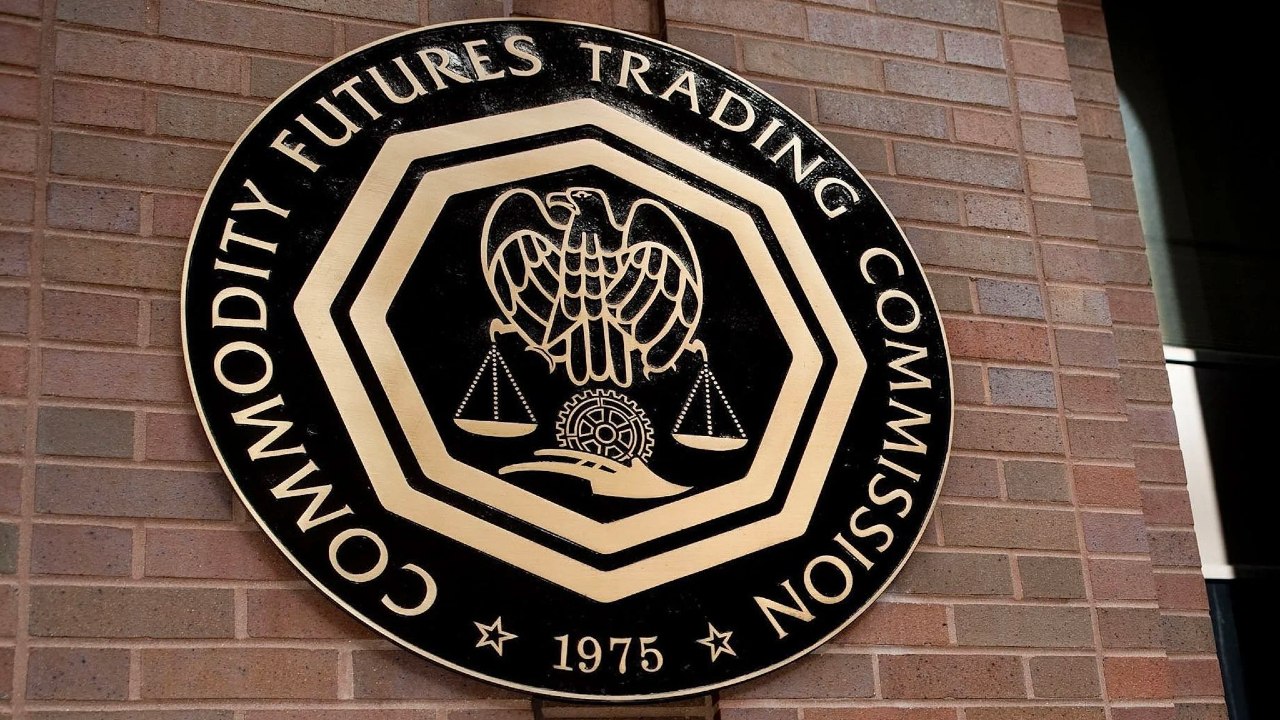The U.S. Commodity Futures Trading Commission (CFTC) is reaching beyond its jurisdiction in trying to sue Binance, the global crypto exchange said in a motion to dismiss the regulator’s lawsuit against it.
The filing leans heavily on the view that the CFTC is overreaching in suing Binance, which does not operate in the U.S., and its CEO Changpeng “CZ” Zhao, who does not reside in the U.S., the filing said. The first six of the CFTC’s charges “do not apply to the foreign conduct alleged here,” and several of the charges don’t meet the legal standards set out by statutory requirements, it added.
The seventh charge – that Binance is trying to evade the Commodity Exchange Act – should be dismissed because the agency likewise does not meet the requirements it needs, the filing said.
“There is no dispute that the CFTC has no regulatory authority over spot trading even in the United States, let alone abroad,” the motion to dismiss said. “The issue posed by the CFTC’s complaint is whether, when Binance․com began offering additional products in or after 2019—by which point it had already begun to restrict and off-board potential U.S. users—it became subject to certain registration and regulatory compliance provisions of the Commodity Exchange Act (“CEA”) and CFTC regulations. Despite 236 paragraphs of allegations – which followed a multi-year investigation in which defendants provided extensive information voluntarily – the CFTC’s complaint fails at the outset.”
The CFTC sued Binance in March, alleging the company offered unregistered derivatives products in the U.S., including cryptocurrency trading services and futures and options products. The regulator further alleged that Binance did not properly supervise its business, have a decent know-your-customer or anti-money laundering program and didn’t register as a futures commissions merchant, designated contract market or swap execution facility.
Binance’s legal troubles in the U.S. include a lawsuit from the Securities and Exchange Commission (SEC), which the securities regulator filed last month.







